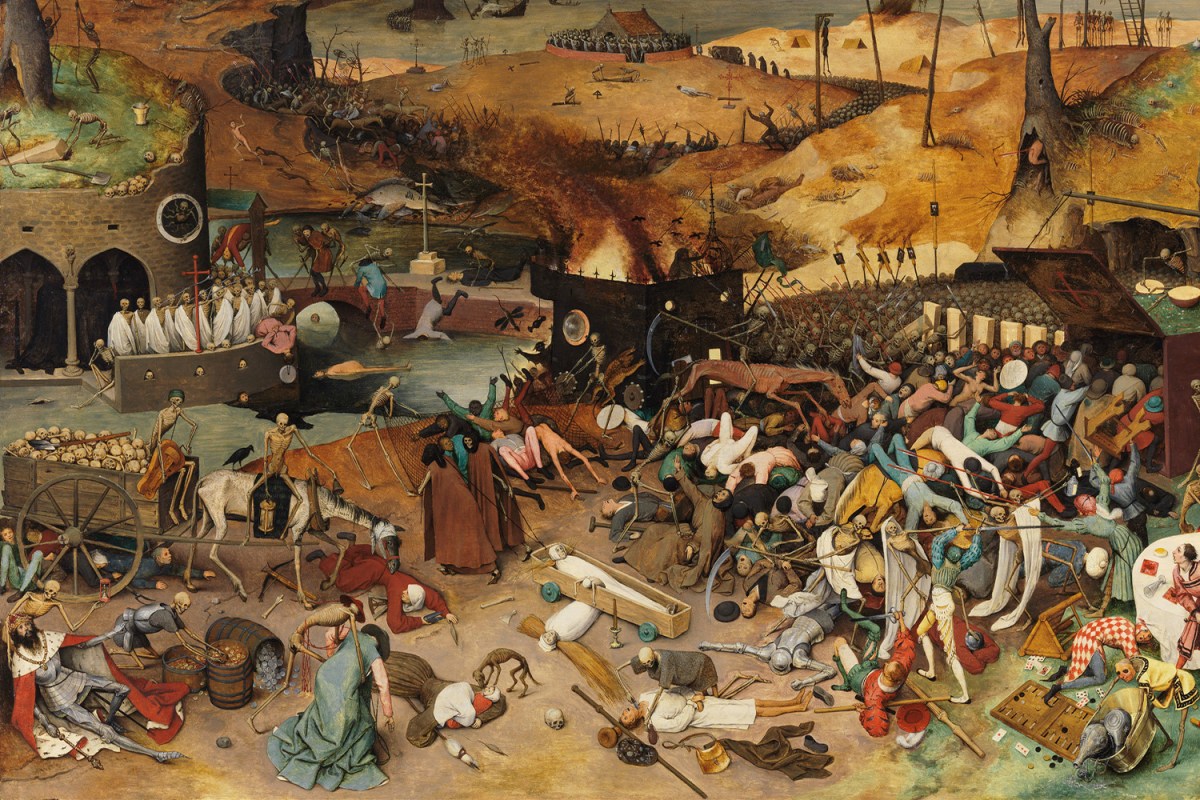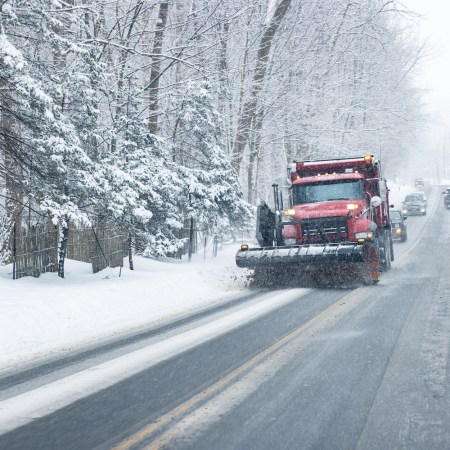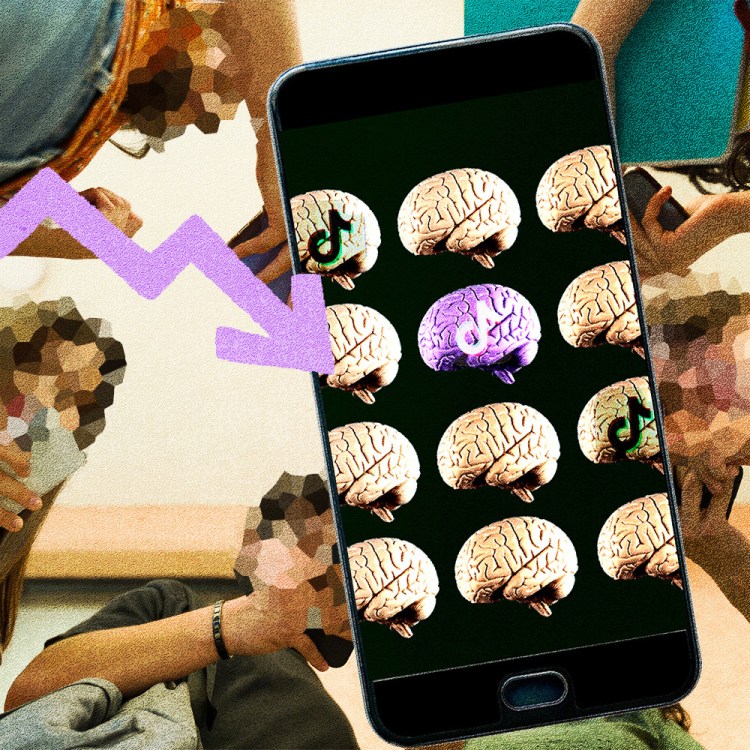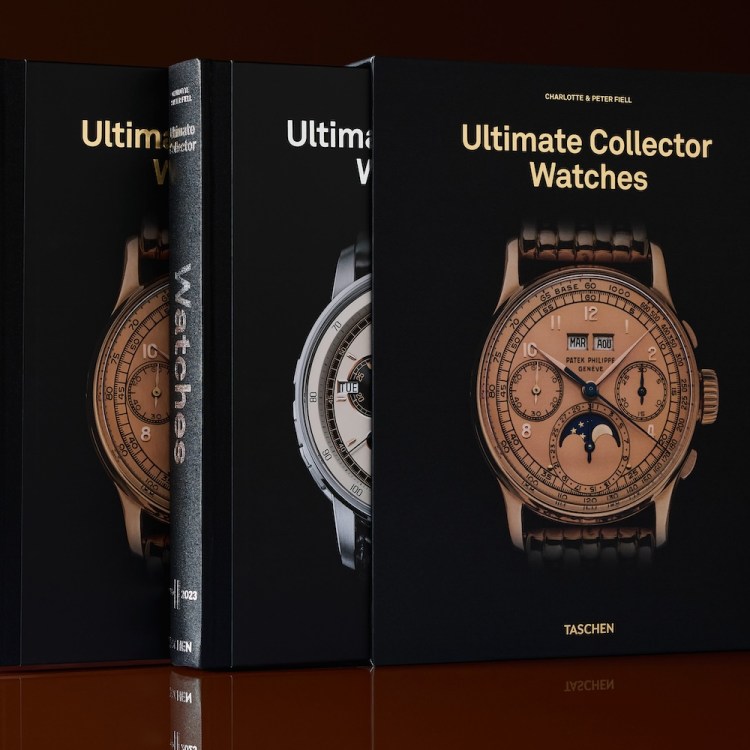The panic began the moment the earliest cases were confirmed. Those with means hurriedly packed their belongings and fled the city. Those who stayed had a range of reactions: many laid siege to the markets, stocking up on provisions before barricading themselves and their families in their homes; some congregated in churches while others consulted astronomers and fortune-tellers; many more, dismissive of the invisible disease or the visible fear it stoked in the masses, continued their lives unabated. These individuals were the first to die.
The government acted swiftly. Invoking emergency measures passed in earlier times, the mayor issued a series of orders that aggressively changed life in the city. Public events and gatherings were banned, schools were closed and the city was divided into more readily policeable quarters. Infected individuals were locked in their houses with their families and were forbidden from leaving under the penalty of death. Upstanding citizens, deputized in various capacities as searchers, examiner, and watchmen, were — under the penalty of death — tasked with overseeing this quarantine.
The city in question is not Wuhan or Milan or Manhattan. It is London and the year is 1665. Before the end of 1666, the Bubonic Plague will kill roughly one-quarter of the city’s population. As devastating as this figure is, it could have been much worse.
This is one of the key takeaways from Daniel Defoe’s A Journal of the Plague Year. Published in 1722, Defoe’s text is technically a novel, but historians and epidemiologists have praised it as an accurate report of life in London during “the Great Plague.” Defoe, who is most famous for his novel Robinson Crusoe, did live in London in 1665, but he was only five years old. In A Journal, a middle-aged narrator renders a graphic and comprehensive look at life inside a city beset with a pandemic far more terrifying than the one we face today.
Defoe’s purpose for writing the novel was didactic. “I have set this particular down so fully,” the narrator states, “because I know not but it may be of moment to those who come after me, if they come to be brought to the same distress.” A Journal aims to lay out a blueprint that future societies can follow when confronted with such dire circumstances.
While other pestilential narratives dwell on the chaos that accompanies pandemics, Defoe’s book documents the rigid order that emerges in the plague city. Michel Foucault, the 20th-century philosopher whose ideas have greatly influenced modern conceptions of power, highlighted these divergent views in his seminal 1975 book Discipline and Punish.
“A whole literary fiction of the festival grew up around the plague: suspended laws, lifted prohibitions, the frenzy of passing time, bodies mingling together without respect,” Foucault writes. “But there was also a political dream of the plague, which was exactly its reverse: not the collective festival, but strict divisions; not laws transgressed, but the penetration of regulation into even the smallest details of everyday life.” What Foucault is suggesting, and what Defoe’s account supports, is that this political dream becomes a reality in the societies that combat pandemics most effectively.
The most aggressive measure taken by the city of London in 1665 was forcing all infected individuals to be locked in their homes with their families, even if their family members were not sick. This “had very great inconveniences in it, and some that were very tragical,” Defoe acknowledges, “but it was authorised by a law, it had the public good in view as the end chiefly aimed at, and all the private injuries that were done by the putting it in execution must be put to the account of the public benefit.”
Many people died because they were confined with sick relatives, but many more were saved by keeping potentially infected individuals off the streets. Defoe stresses that the most prevalent way the contagion spread was via asymptomatic individuals who carried it. “It was very sad to reflect how such a person as this,” he writes, “had been a walking destroyer perhaps for a week or a fortnight before that; how he had ruined those that he would have hazarded his life to save, and had been breathing death upon them, even perhaps in his tender kissing and embracings of his own children.”
A resilient obligation to “the public good” also permeates Defoe’s London. This is most evident in the efforts to remove corpses from the streets and transport them to mass graves. The men tasked with executing this grim work — always from the poorest ranks of society — performed their duties until they succumbed to the disease, at which point healthy individuals took their place. With great admiration, Defoe observes, “It was never to be said of London that the living were not able to bury the dead.”
Although Defoe offers broad praise for how the government managed London — ranging from small measures like banning price gouging to more significant acts such as compulsory quarantine — he laments the lack of viable healthcare facilities: “It was a great mistake that such a great city as this had but one pest-house.”
In assessing how contemporary governments have responded to COVID-19, one country emerges as having taken the most decisive and effective action: China. With their strictly enforced lockdowns and aggressive social-distancing measures, it’s as if Chinese policymakers all attended the same graduate seminar on Defoe. Moreover, they have addressed the areas where London’s government fell short in 1665: sick family members are being isolated from healthy relatives, citizens are being tested frequently and monitored closely, and a robust network of fever centers has been created to treat patients with different categories of symptoms. Civil liberties are not a consideration, which is why the entire nation has seamlessly morphed into Foucault’s plague city.
In the United States, where our brand of democracy is deeply entwined with a capitalist ethos, it is much more difficult for Foucault’s model to take shape. Individual liberty and the advancement of self-interest are guiding national principles. While these values have plenty of merit, one thing they lack is compatibility with the imperative that “the public good” must be placed above everything else to defeat a pandemic.
This explains the selfish individual and institutional reactions we have witnessed to COVID-19 thus far. Whether it’s the passenger who boarded a plane after receiving a coronavirus test (and learned mid-air that he tested positive), or the man who defied a home-quarantine order to attend a father-daughter dance, many Americans have demonstrated either baffling ignorance or willful negligence to the idea of social responsibility.
Perhaps we are taking our cues from the top. The current administration’s initial response to the outbreak was dismissive, and its messaging has demonstrated a singular care for the health of the economy. Speaking from the Rose Garden last Friday and flanked by executives from the country’s largest corporations, President Trump finally declared a national emergency. Rather than articulating emergency measures, however, the president was more concerned with touting the grand public-private partnership he had orchestrated. By the end of the afternoon, the stock prices of many of the companies he mentioned had surged, as had the number of new COVID-19 cases.
Fortunately for the American public, not all institutions have been as dilatory in their response as the federal government. Thank God for the NBA, Microsoft and The Foo Fighters. But if the COVID-19 outbreak explodes and the grim projections we’ve heard about materialize, I suspect our government will ultimately pursue the kind of aggressive measures that China has enacted. If and when this happens, we can attribute it to the underlying message of Defoe’s Journal: nothing is more contagious than fear.
This article appeared in an InsideHook newsletter. Sign up for free to get more on travel, wellness, style, drinking, and culture.
























